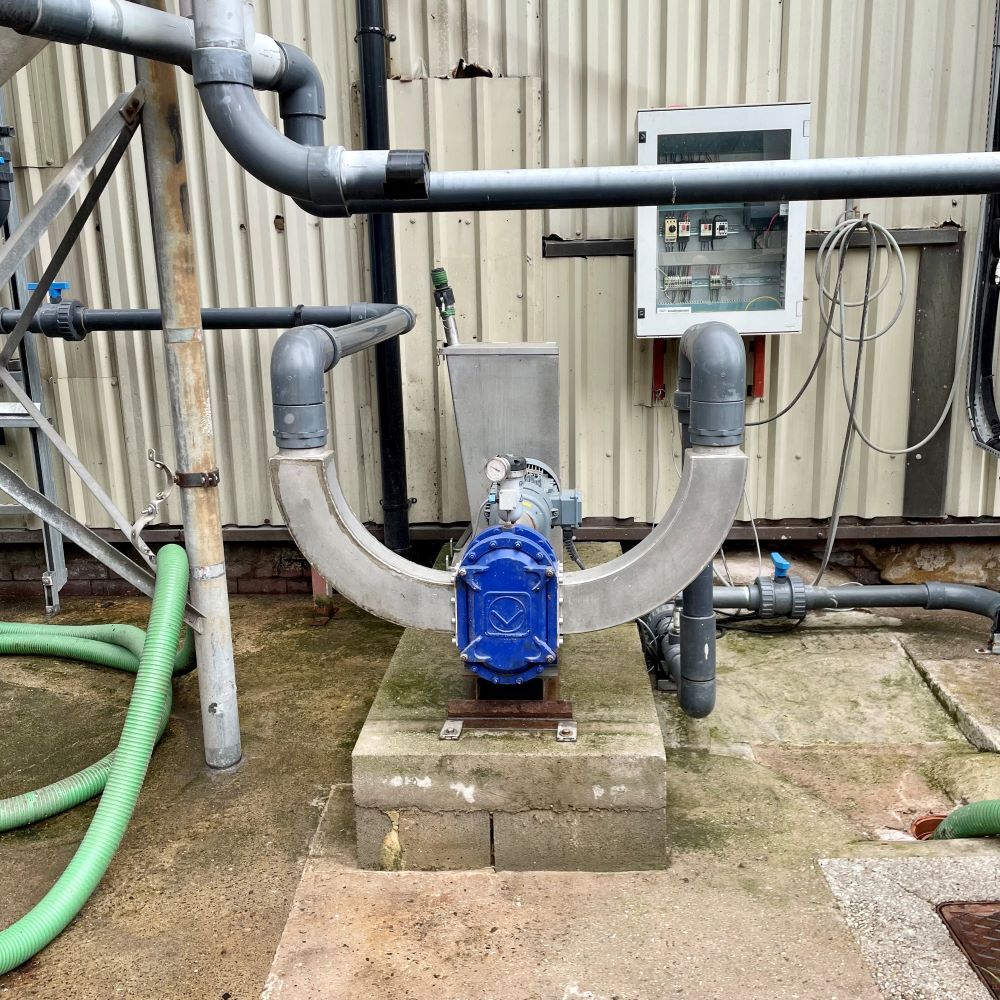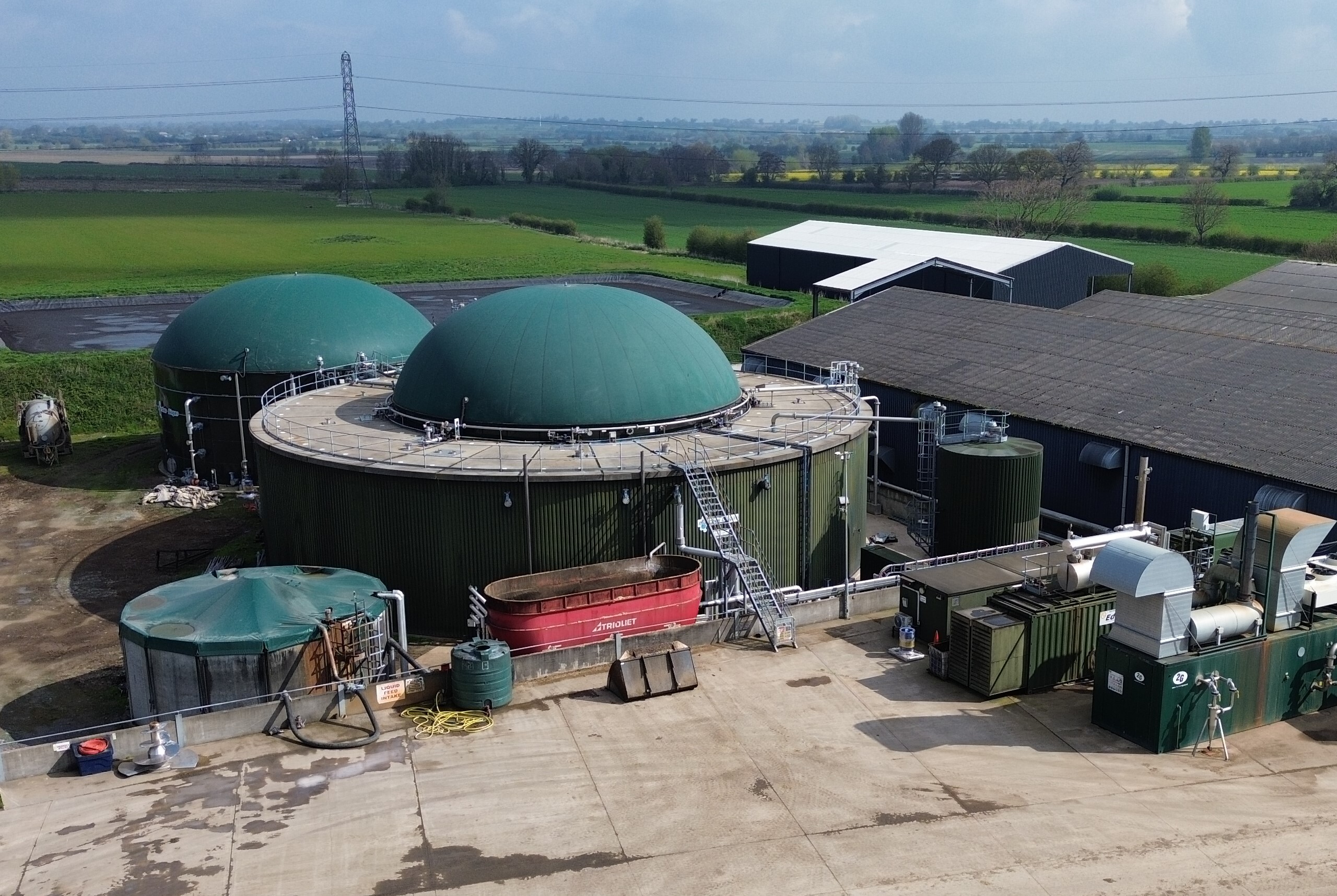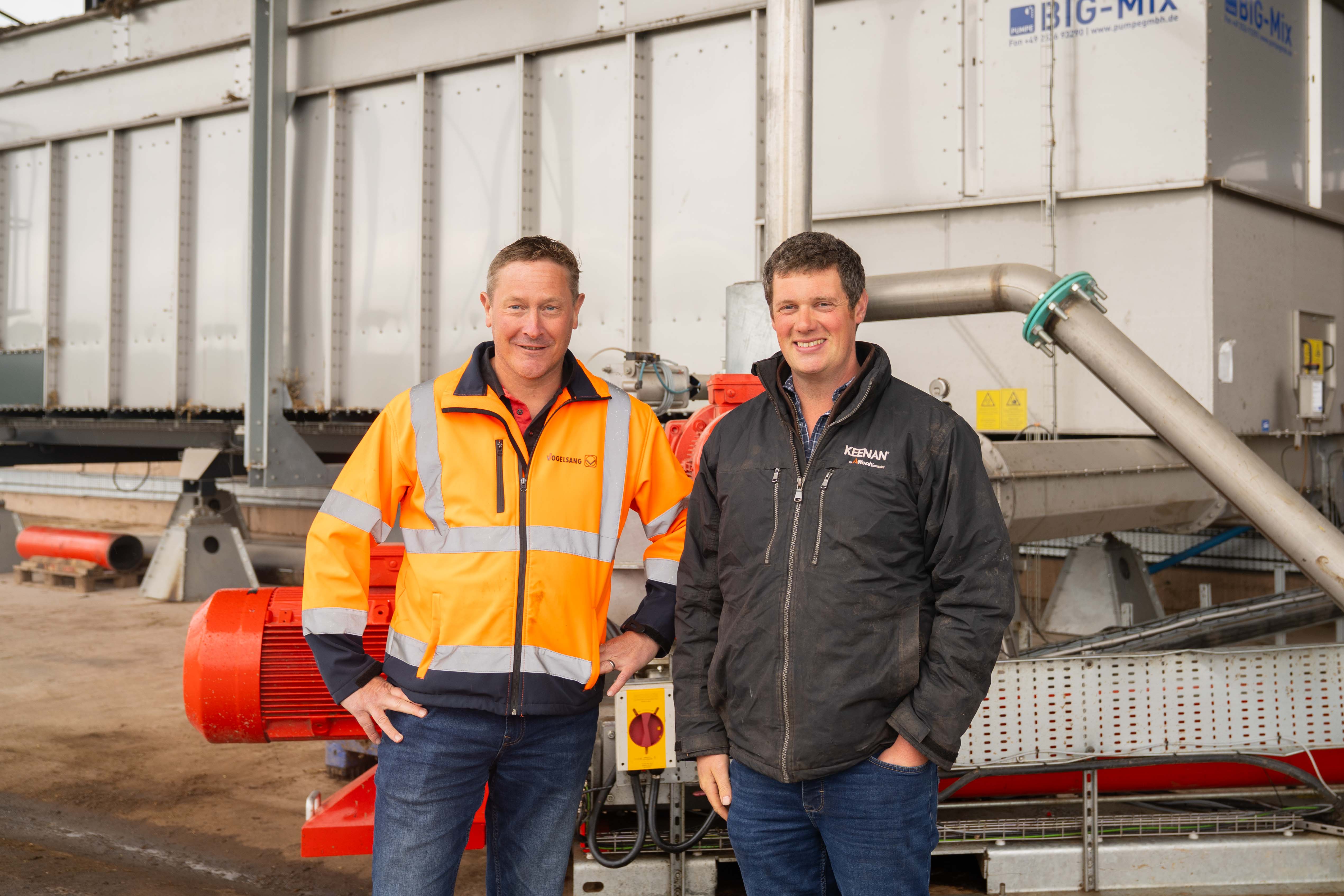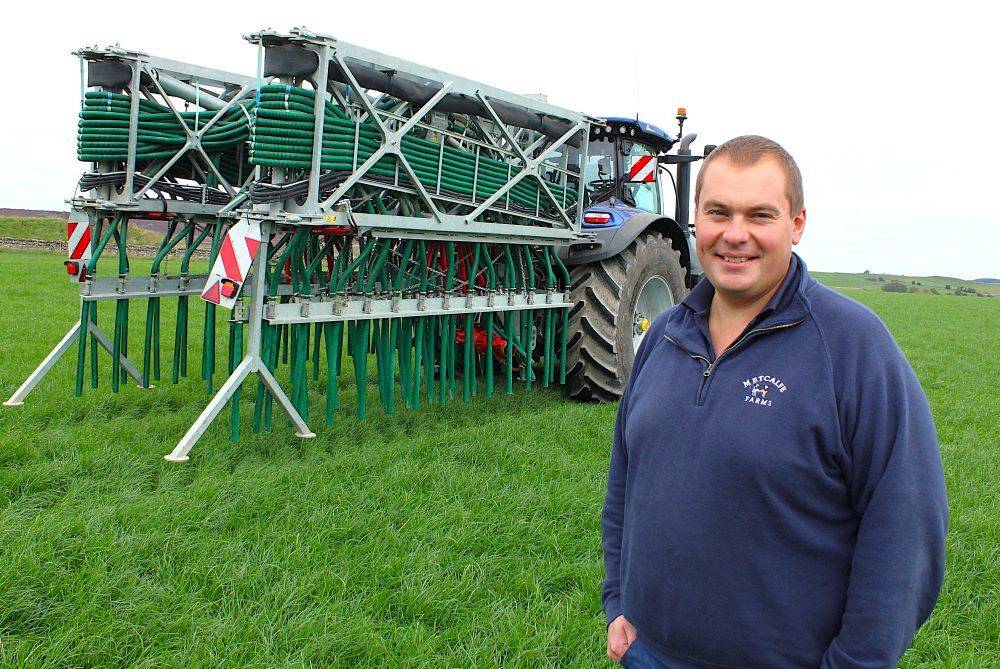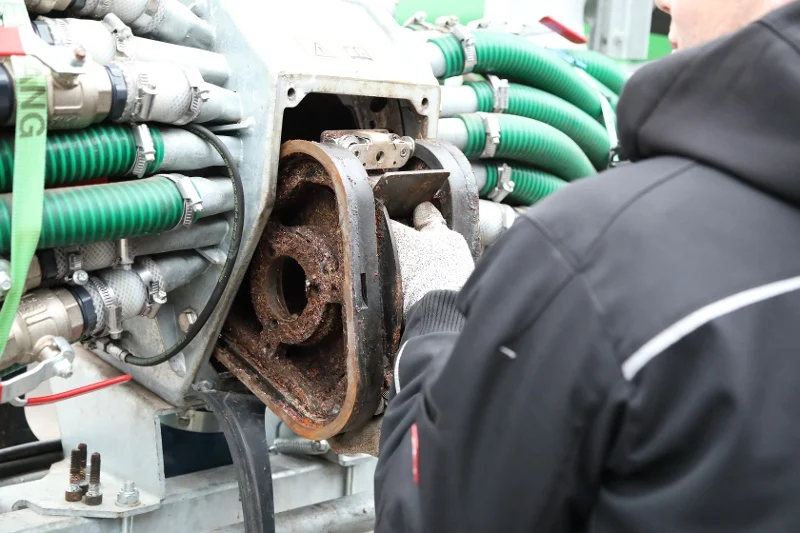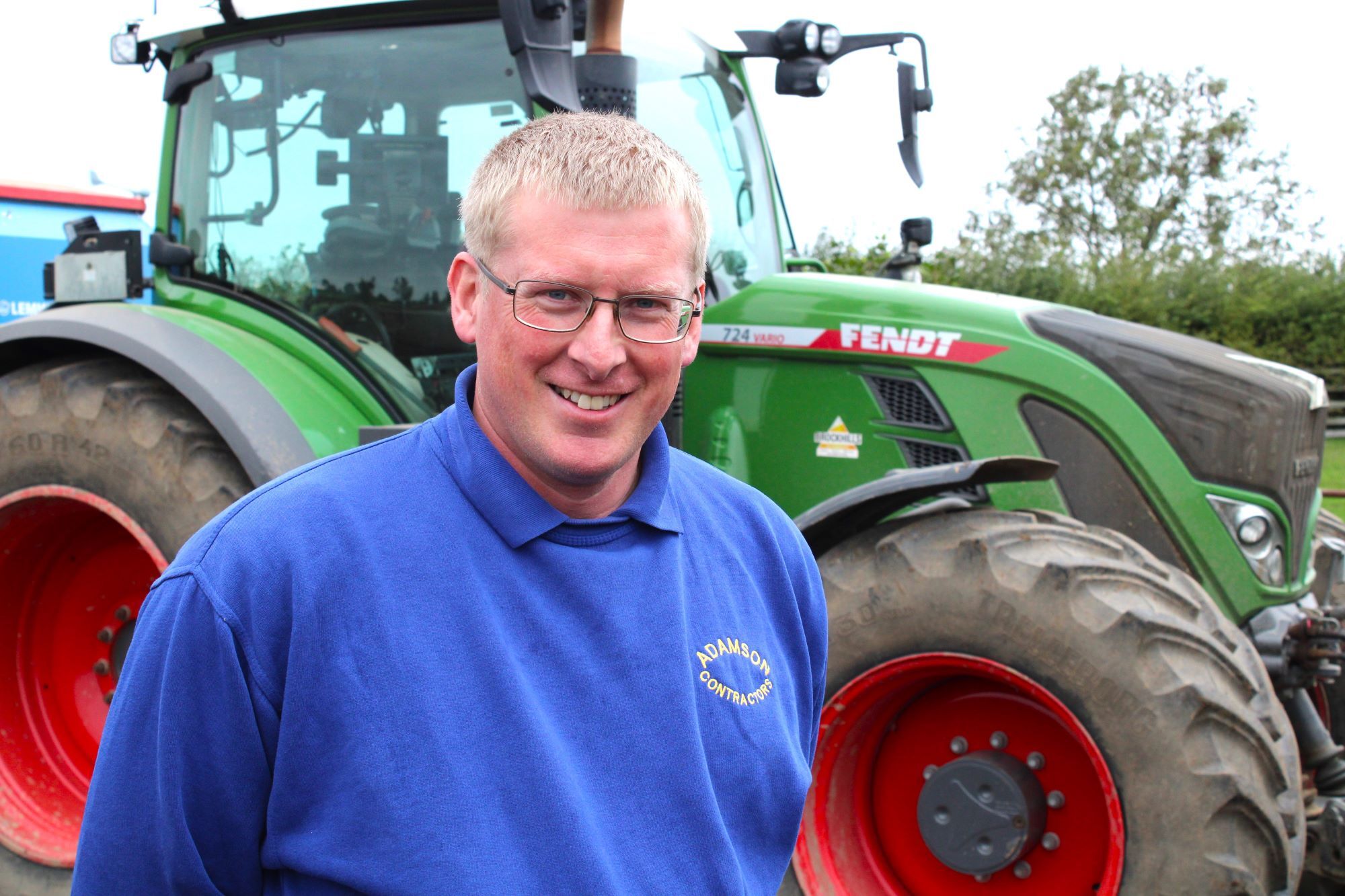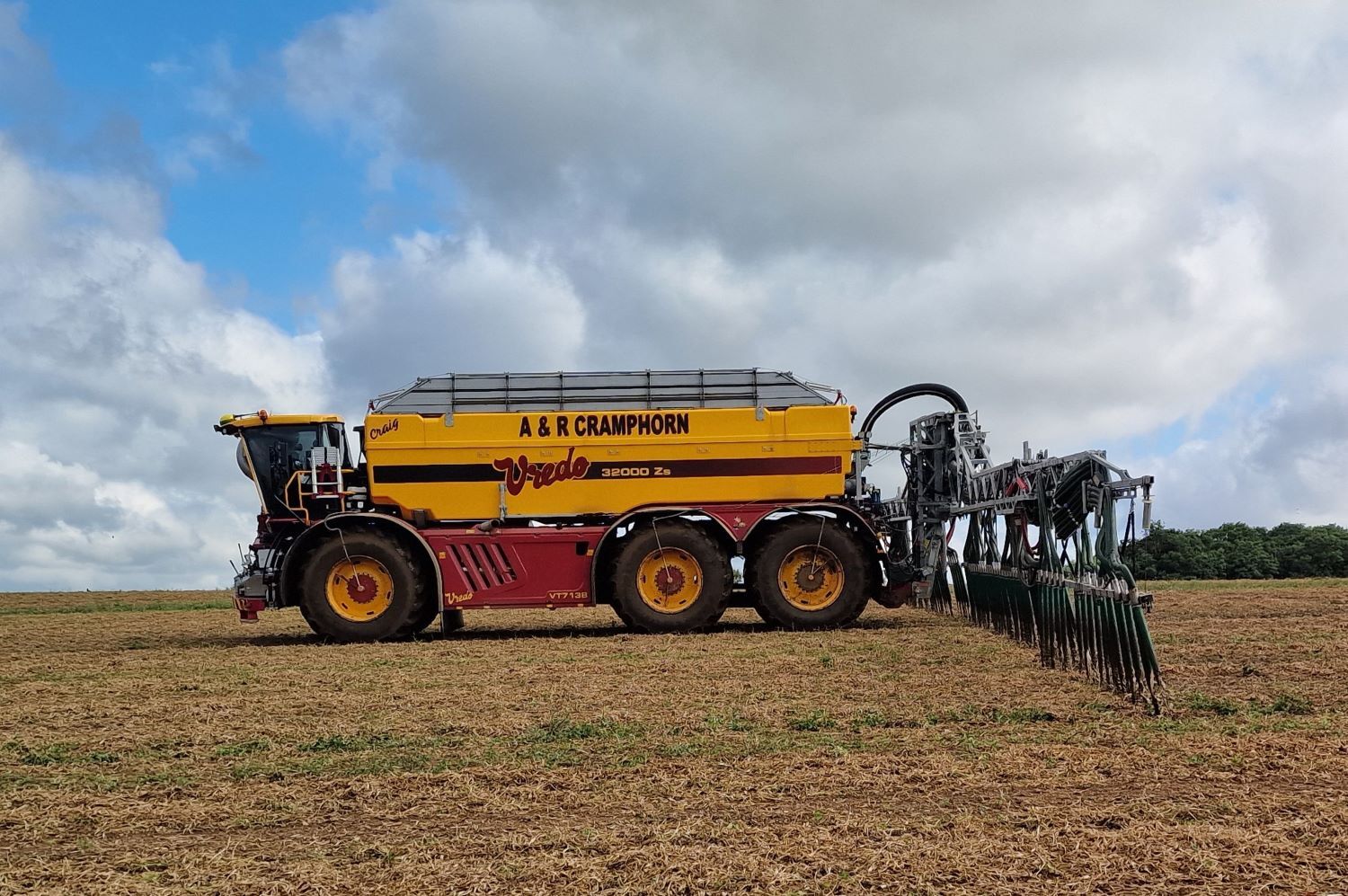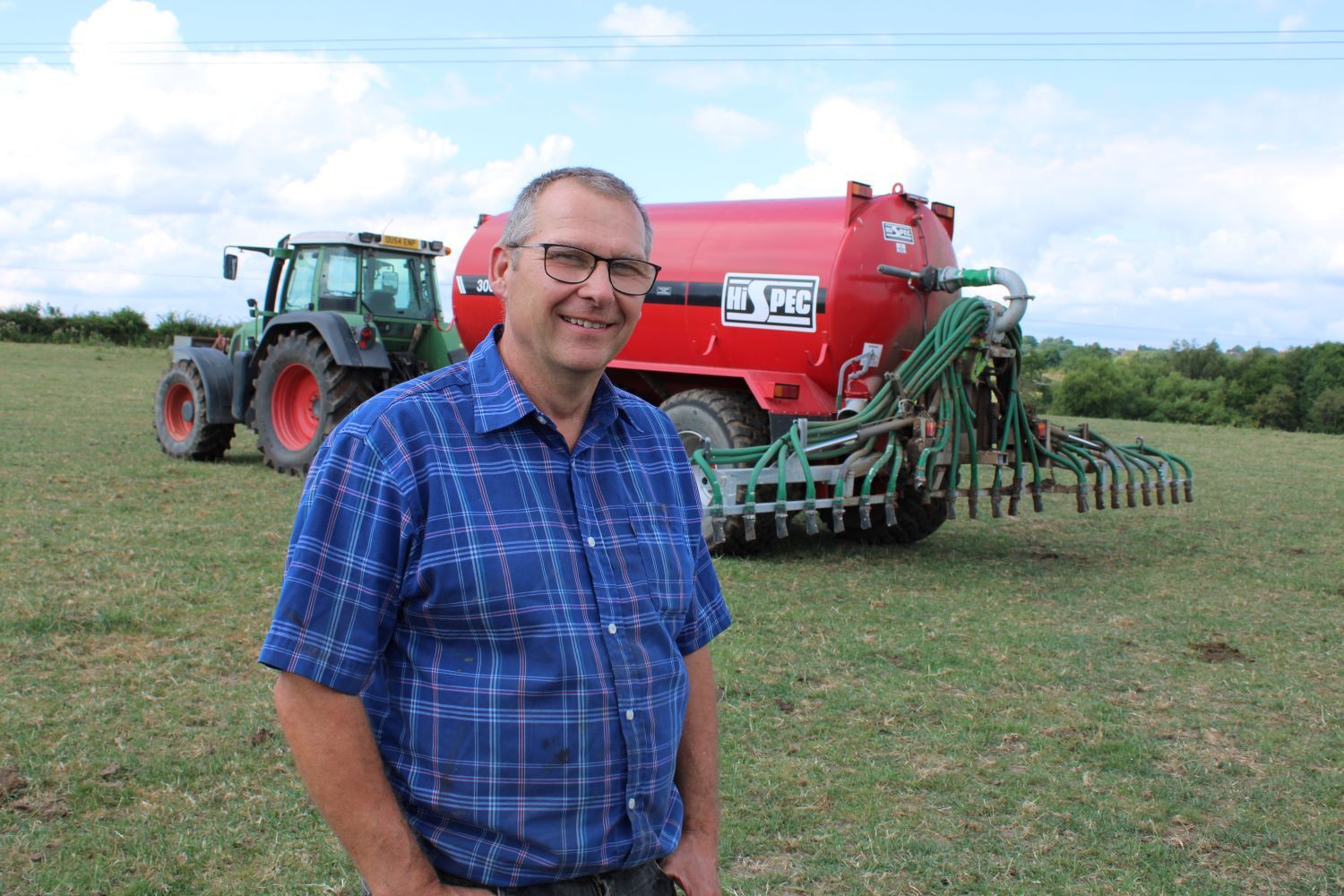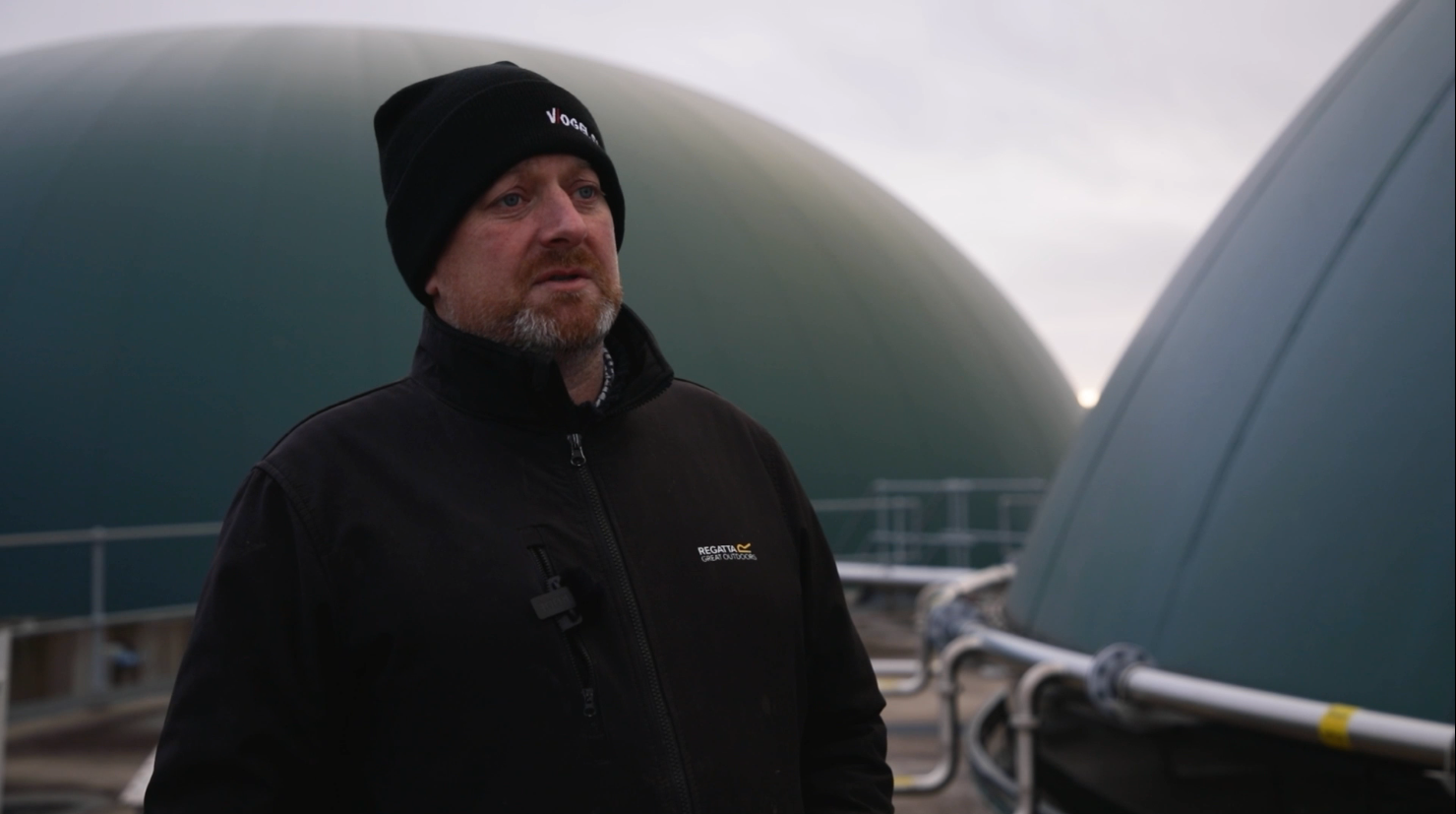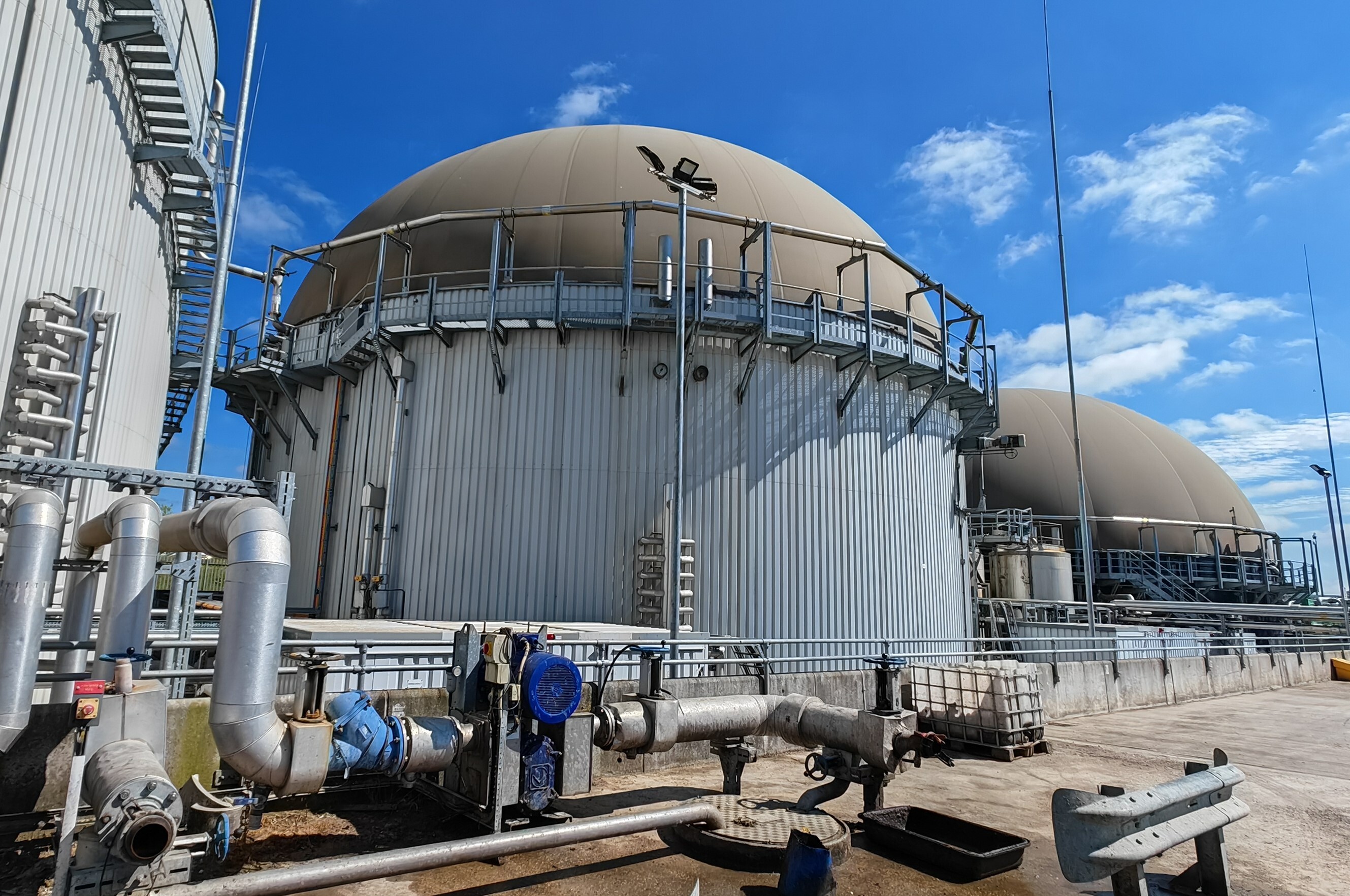How a rotary lobe pump helps ensure no by-product goes to waste
Situation
For sausage casing manufacturers, Harder Brothers, producing 115,200,000 meters on average of casings from sheep intestines each year was leaving them with a lot of waste product to dispose of.
Once the casings had been separated, the company was keen to make use of as much of the remaining product as possible. With the rise in use of anaerobic digesters in the UK, sending the separated mucosa from the intestines to a local AD plant seemed like the logical idea.
To move the mucosa out of the casing factory, they needed a pump system that could transport the 25 cubic metres of waste each day into holding silos before it is pumped into tankers to be transported to a biogas plant.
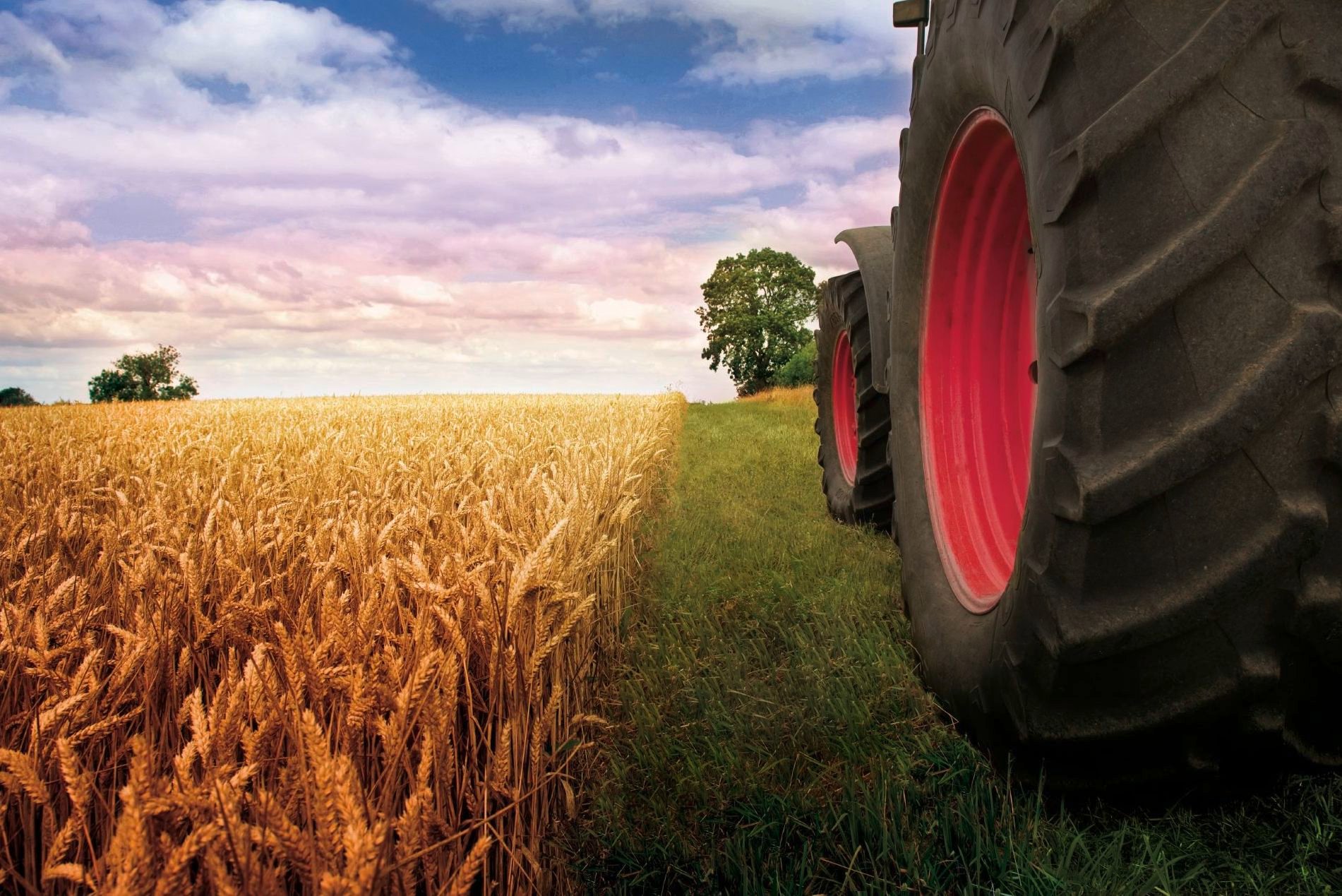
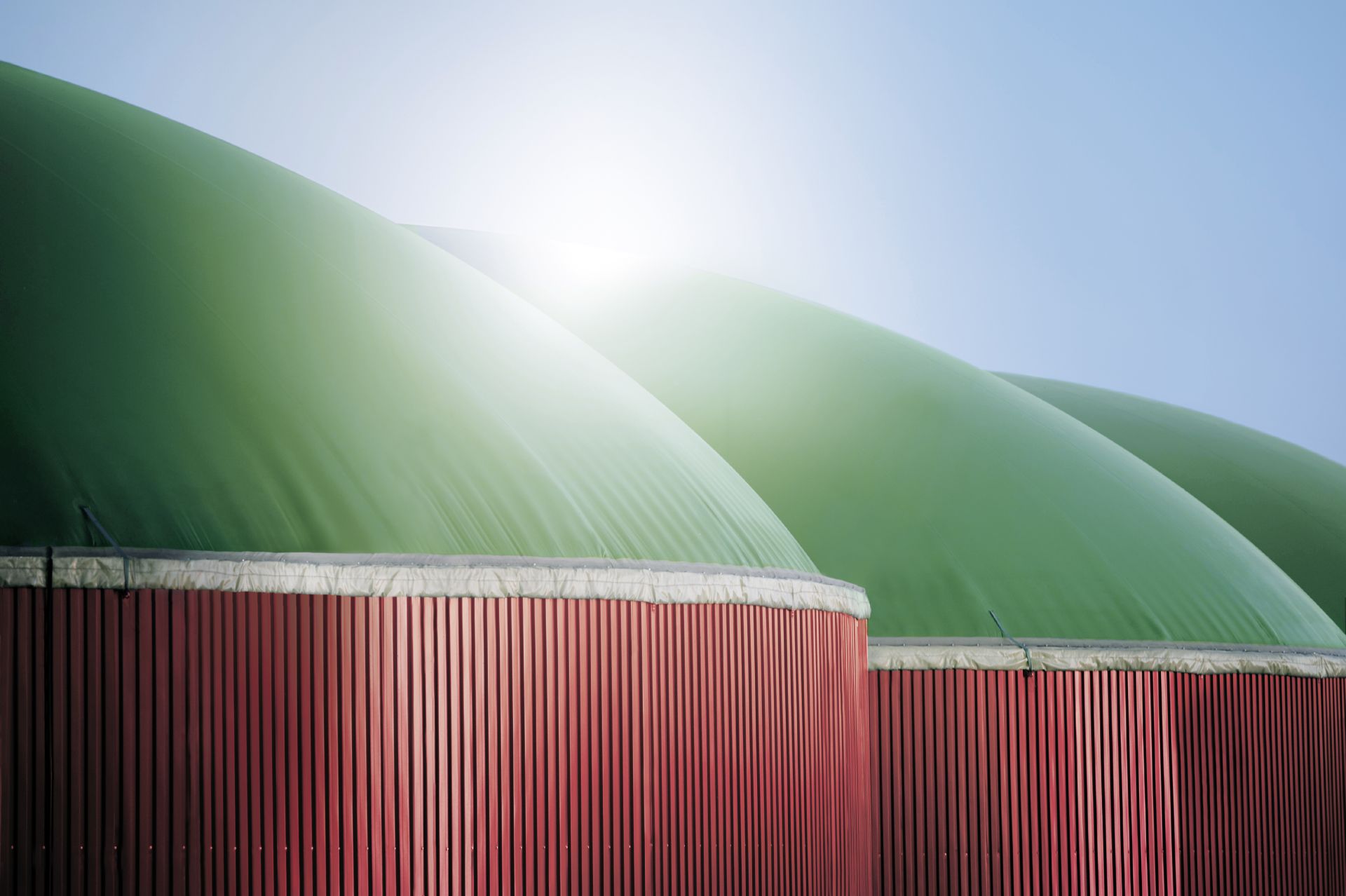
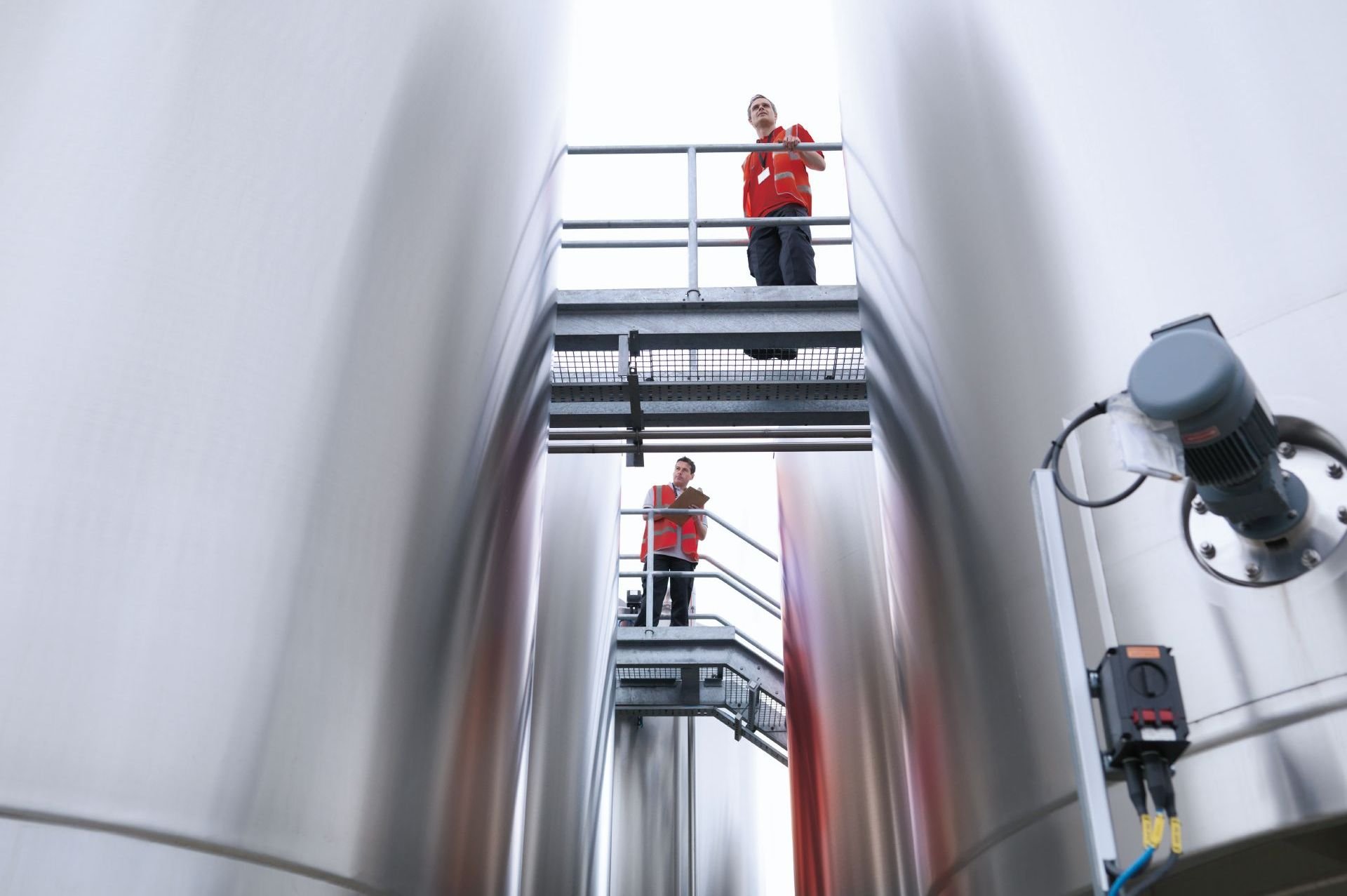
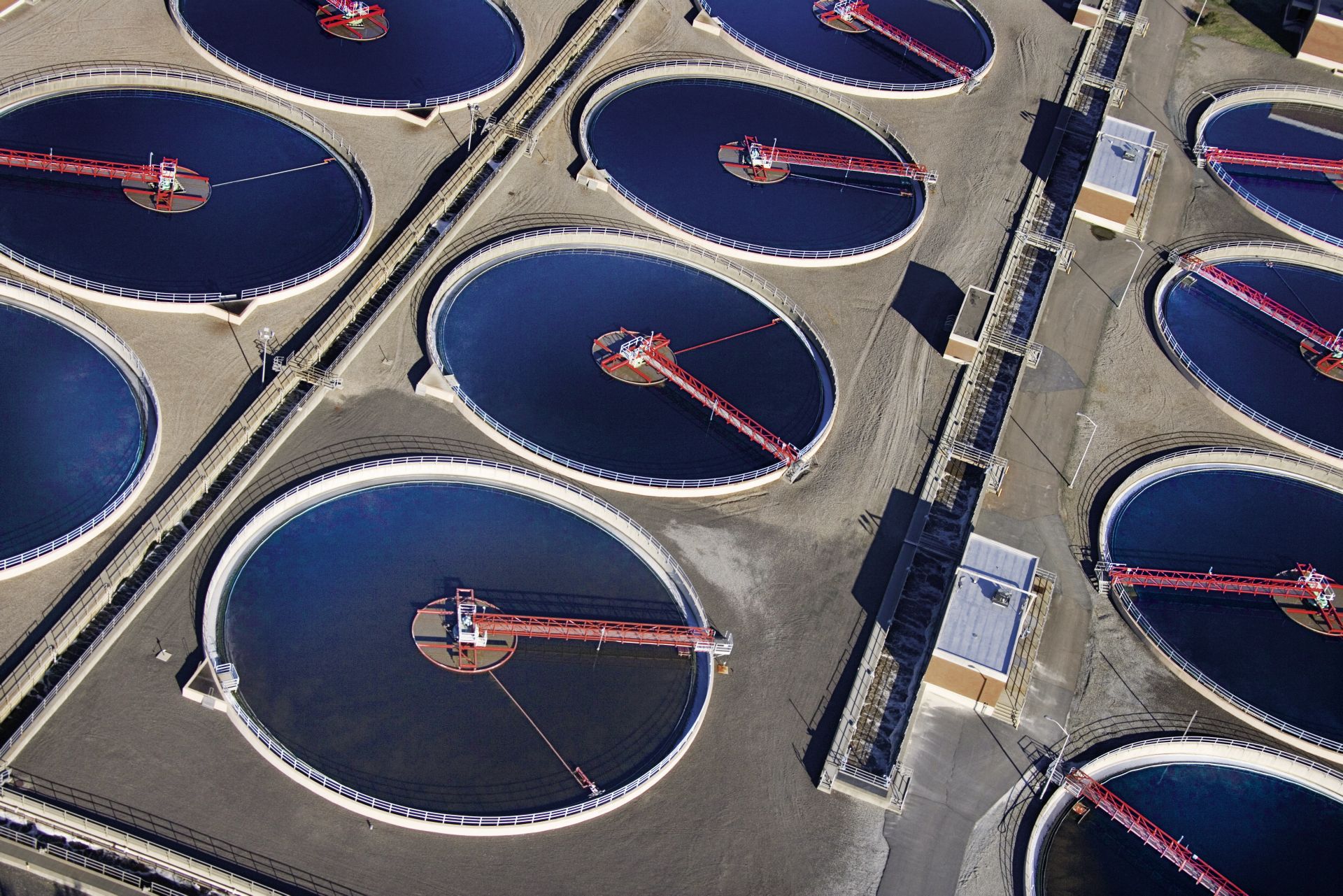

%20600x400px.jpg?width=600&height=400&name=vogelsang-flags--vgs5675%20(1)%20600x400px.jpg)
